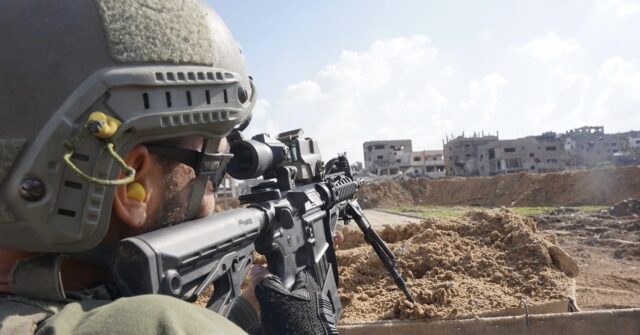Amnesty International, a prominent global human rights organization, recently released a report accusing Israel of committing genocide against Palestinians in Gaza amid the ongoing conflict triggered by Hamas’s attacks on October 7, 2023. The report suggests that Israel has engaged in acts of extreme violence and destruction, operating with impunity against civilians in Gaza during its military offensive in response to the initial assaults. This serious charge follows a long-standing perception of Amnesty as an organization perceived to exhibit bias against Israel, raising questions about the objectivity and motivations behind its claims.
However, the Israeli branch of Amnesty International has publicly distanced itself from the genocide label. They stated that they were not involved in the report’s research or writing and do not accept its findings. In a clear dissenting voice, the Israeli branch contended that the report failed to recognize the context of Hamas’s actions, which they argue displayed genocidal intent toward Israelis. This divide within the organization highlights significant discord regarding the complex realities of the Israeli-Palestinian conflict and the interpretation of human rights standards in these circumstances.
Several members of Amnesty Israel, along with some Jewish members of the international organization, have accused the headquarters of creating an “artificial analysis” in its report. They argue that the report was driven more by an agenda aimed at resonating with its audience rather than grounded in a fair evaluation of the conflict’s nuances. In light of these criticisms, they have urged Amnesty International to critically reassess its methodologies and approach to similar investigations in the future, warning that the organization risks undermining its credibility and the integrity of human rights advocacy.
The claim of genocide against Israel has also gained traction internationally, with some nations, such as South Africa, pursuing legal avenues to hold Israel accountable at the International Court of Justice (ICJ). While the ICJ has not yet validated these genocide allegations, it has asked for Israel to report on its adherence to international treaties, indicating a heightened scrutiny of Israel’s actions on the global stage. This legal context reflects the broader geopolitical tensions surrounding the Israeli-Palestinian conflict, where accusations from various countries have significant implications.
The intersection of human rights discourse and international politics is evidently at play in this situation, as the allegations of genocide align with broader narratives and tensions between Israel and its critics. The complexity of the conflict often complicates straightforward definitions of actions as genocidal, raising essential questions regarding the application and interpretation of international law. The Israeli government, in response to these accusations, has maintained that its military operations are legitimate acts of self-defense against terrorism.
In conclusion, the divergent views from Amnesty International’s branches illustrate the contentious and multifaceted nature of the Israeli-Palestinian conflict. The accusations from the global organization and the rebuttal from its Israeli counterpart emphasize how narratives surrounding human rights can be influenced by biases, agendas, and geopolitical contexts. As debates continue, the challenge remains for organizations like Amnesty International to navigate these sensitive issues while striving to uphold the principles of impartiality and balanced advocacy for fundamental human rights.

